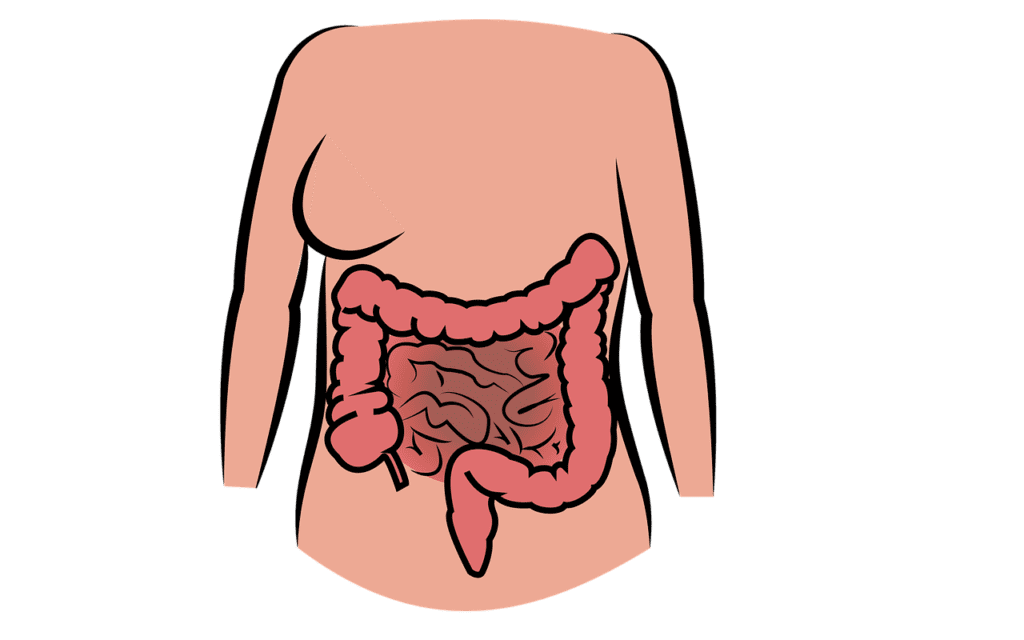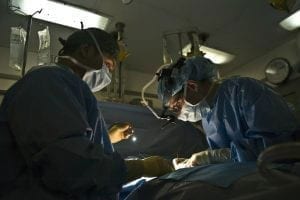One of the largest problems that stands in the way of rare disease research is funding. It can be difficult to raise the enormous amounts of money needed to plan, run, and evaluate a clinical trial. Luckily, some organizations provide funding for situations just like this. In fact, the National Institutes of Health (NIH) has granted two amounts ($428,020 and $1,893,750, for a total of $2,321,770) to go towards short bowel syndrome (SBS) research.
Funding for SBS Research
The two grants were given to Dr. Ajay Jain, who is a professor of pediatrics, pharmacology, and physiology at the Saint Louis University School of Medicine and a physician at SLUCare. Dr. Jain plans to focus his research on the gut microbiota’s role and gut-systemic signaling. In the past, he has looked into gut microbiota and signaling and their role in this rare disease, so now he plans to move forward based on his learnings.
When looking at the larger picture, Dr. Jain believes that his research could improve the treatment landscape and lives of SBS patients. Many affected individuals currently require treatment with total parenteral nutrition (TPN), which requires a lifelong dependence and carries the risk of side effects and complications like intestinal failure associated liver disease (IFALD). The intention of this research is to discover other methods to manage and treat SBS so that patients do not have to depend so heavily on TPN.
In the past, Dr. Jain’s research has shown him that changed gut-derived signals act as a major driver of SBS injury. Now, he will use this grant money to focus specifically on how these signals impact disease progression. Hopefully, he will be able to find new and effective treatment strategies.
After the research is completed the NIH will come back into the picture to evaluate the work Dr. Jain and his colleagues do with preclinical models. Their goal is to investigate the efficacy of any possible treatments or strategies that the team identifies.
About Short Bowel Syndrome (SBS)
Short bowel syndrome is a rare disorder in which the small intestine does not function normally, stopping the impacted individual from getting enough nutrients and water. This leads to symptoms like bloating, dehydration, gas, weight loss, cramping, heartburn, fatigue, vomiting, foul-smelling stool, bone pain, easy bruising, anemia, gallstones, fatty liver, kidney stones, spasms and cramps in the muscles, and intolerance to some foods.
SBS is typically caused by the removal of part of the small intestine, which can be the result of a birth defect, injury, disease, or surgery. In Ally’s case, her condition is the result of a volvulus in her intestines. Regardless of cause, treatment is aimed at supplementing any nutrients being lost and managing symptoms.
Find the source article here.






